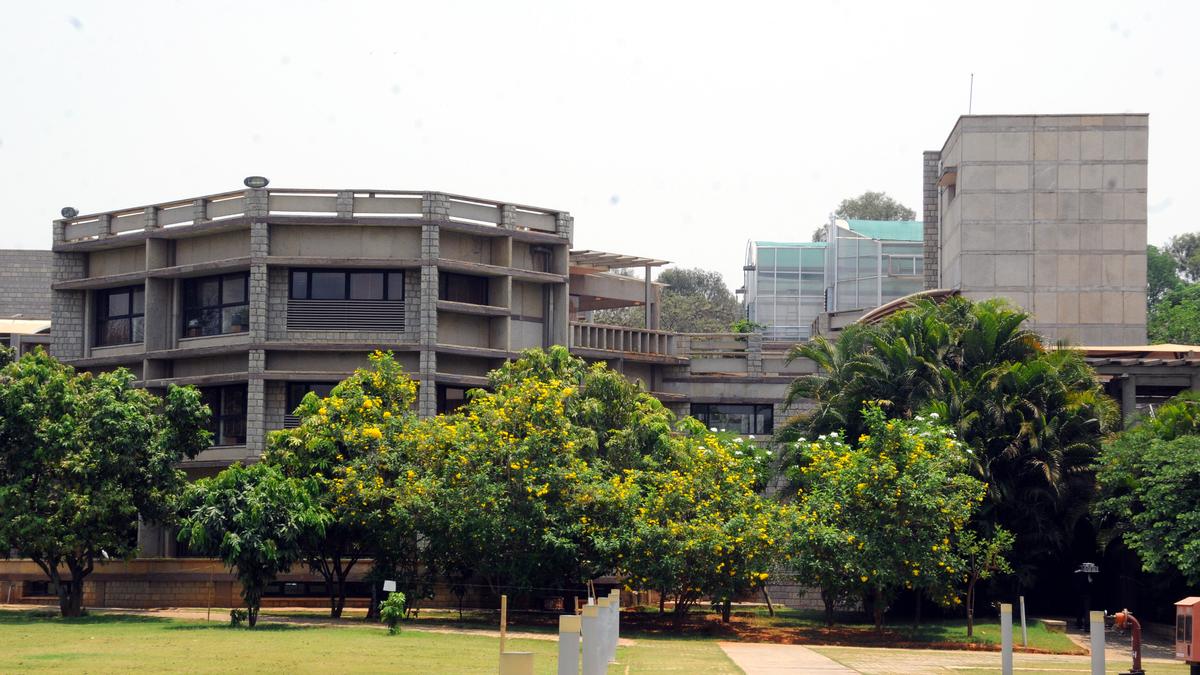
Archives at NCBS launch grant to document under-represented and marginalised groups in STEM
The Hindu
The Archives at NCBS has launched the Program for the Archiving of Science and Technology (PAST), dedicated to documenting under-represented and marginalised groups in STEM (an acronym for science, technology, engineering and mathematics) in India. Applications for this one-year programme, which will begin sometime in February 2025, will be open until November 15 this year, and the final grantees list will be announced by January 15 next year.
The Archives at NCBS has launched the Program for the Archiving of Science and Technology (PAST), dedicated to documenting under-represented and marginalised groups in STEM (an acronym for science, technology, engineering and mathematics) in India. Applications for this one-year programme, which will begin sometime in February 2025, will be open until November 15 this year, and the final grantees list will be announced by January 15 next year.
Venkat Srinivasan, who heads the Archives at NCBS, says that as an institution, “we’ve been very aware that whatever we get in the archive tends to be material from relatively privileged groups.” While he believes having such material in their collection is an excellent first step towards building a culture of archiving in the country, the programme offers an opportunity to go beyond this.
“The focus is to look for under-representation or marginalisation across history,” he says. The Archives at NCBS, led by the work of archivists Anjali JR and Deepika S., has identified several categories of under-representation, including women in science, issues along the axis of gender, caste and class, community knowledge, and indigenous knowledge. “This was a small attempt to address a few of these focus areas.”
In late 2022 (check), the Archives received a three-year grant through Arcadia, a charitable foundation that works to protect nature, preserve cultural heritage and promote open access to knowledge “to scale the nature of archiving that we do,” he says. One of the intents of this grant was also to help enable smaller archives in other parts of the country. “We are committed to long-term preservation, but we realise that not every small centre, institute, or individual family may have those resources.”
The idea, therefore, is to work with them, train them and give them money towards archival activities with the understanding that they will transfer their digital files for public access through our website, says Srinivasan, adding that the original archival material will be retained at its source. “We are conscious that people may want to retain their material, that they don’t want to give it off to an archive far away in Bangalore,” he says. “The experiment is to see if we can develop these decentralised approaches to archiving within the country.”
According to the Archives’ website, each project should typically outline names for three roles: an individual lead applicant who is an Indian citizen, a legally registered partner organisation in India that would also be the signing authority to receive the project funds, and an archival source for the material. Anywhere between 8-10 projects will be chosen, each of which will receive up to ₹10 lakhs, depending on the project’s requirement.
Archival material could include rare printed material, unique and original material such as manuscripts, maps, ephemeral objects, and audio-visual material such as recordings, photographs, micro-film, film, and more, broadly focusing on the history of science. These could include material related to particular scientific disciplines and scientific research, scientific resources and artefacts, material created to promote awareness about science, science education and communication, and those about non-academic activities related to science such as art, film, journalism, literature, and activism, states the website. It could also include community-driven approaches that do not always fit within the science framework as practised at research institutions but are essential to help us understand the culture of science and its practice in the country. “We are still a History of Science centre. But how we look at science is slightly broader,” says Srinivasan.











